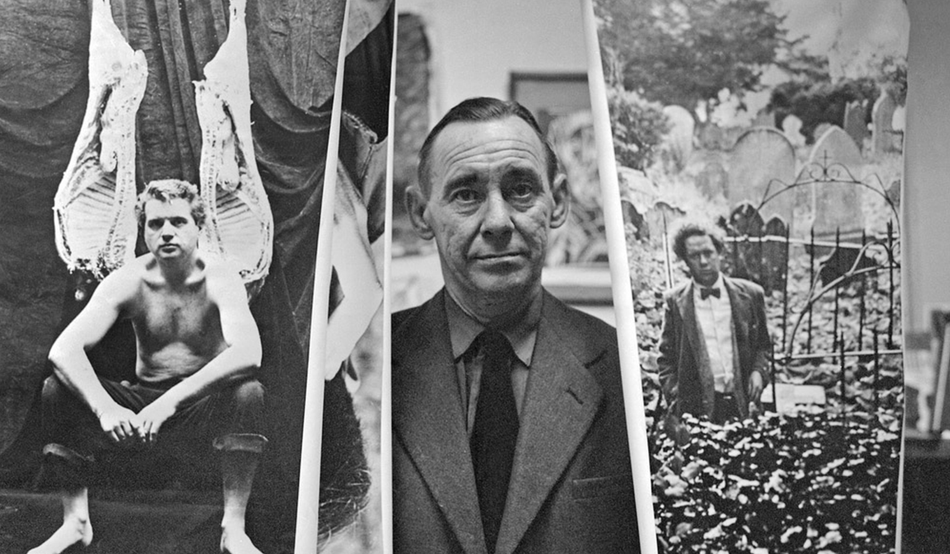
Who really funds the Jewish Chronicle? Why it’s troubling that we don’t know…
Four years ago, a mysterious consortium came to the rescue of the beleaguered publication—and nobody is really clear about who is behind the scenes. But openness matters, especially when politics is involved
Magazine

Why you should have heard of Paul Marshall, whose money buys influence in the Church, education and the media—not least through his co-ownership of GB News. Plus, Isabel Hilton asks if Russia is committing war crimes against the environment itself
Past issues











































